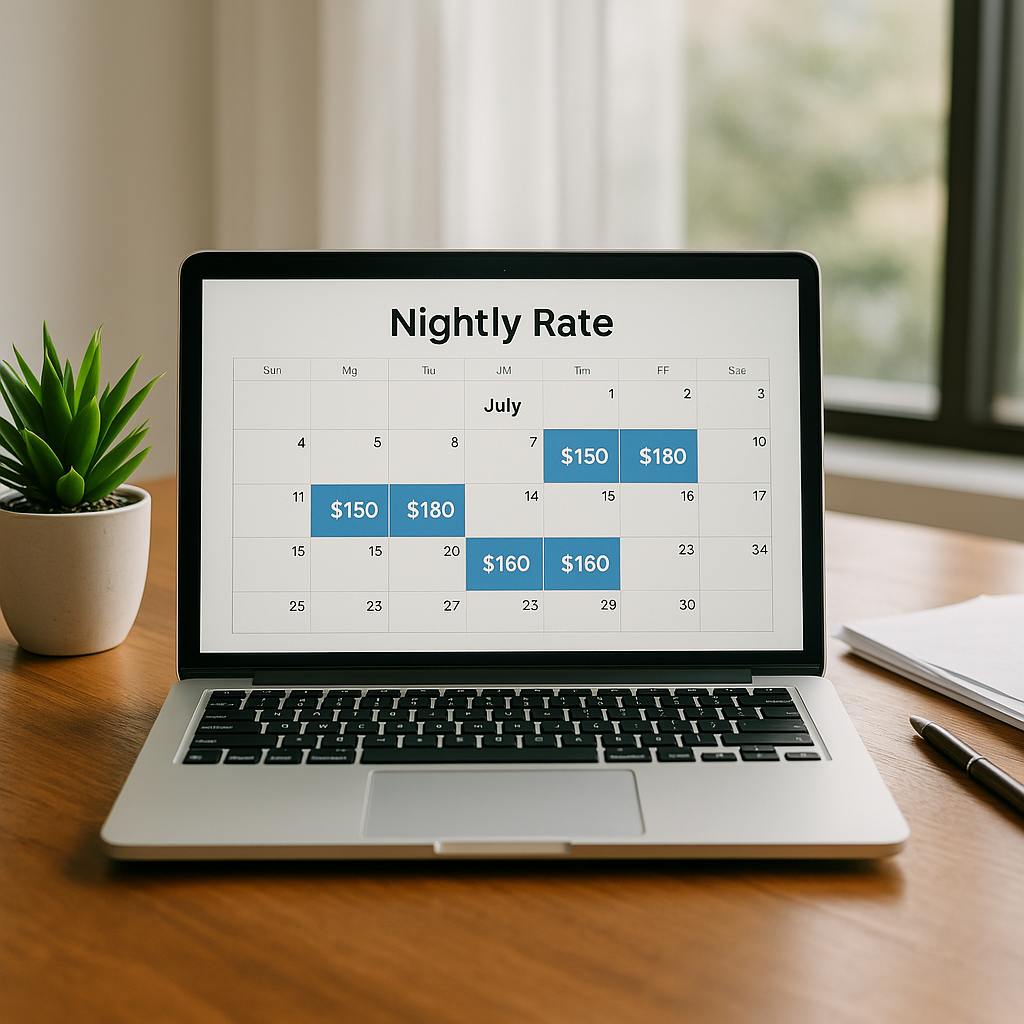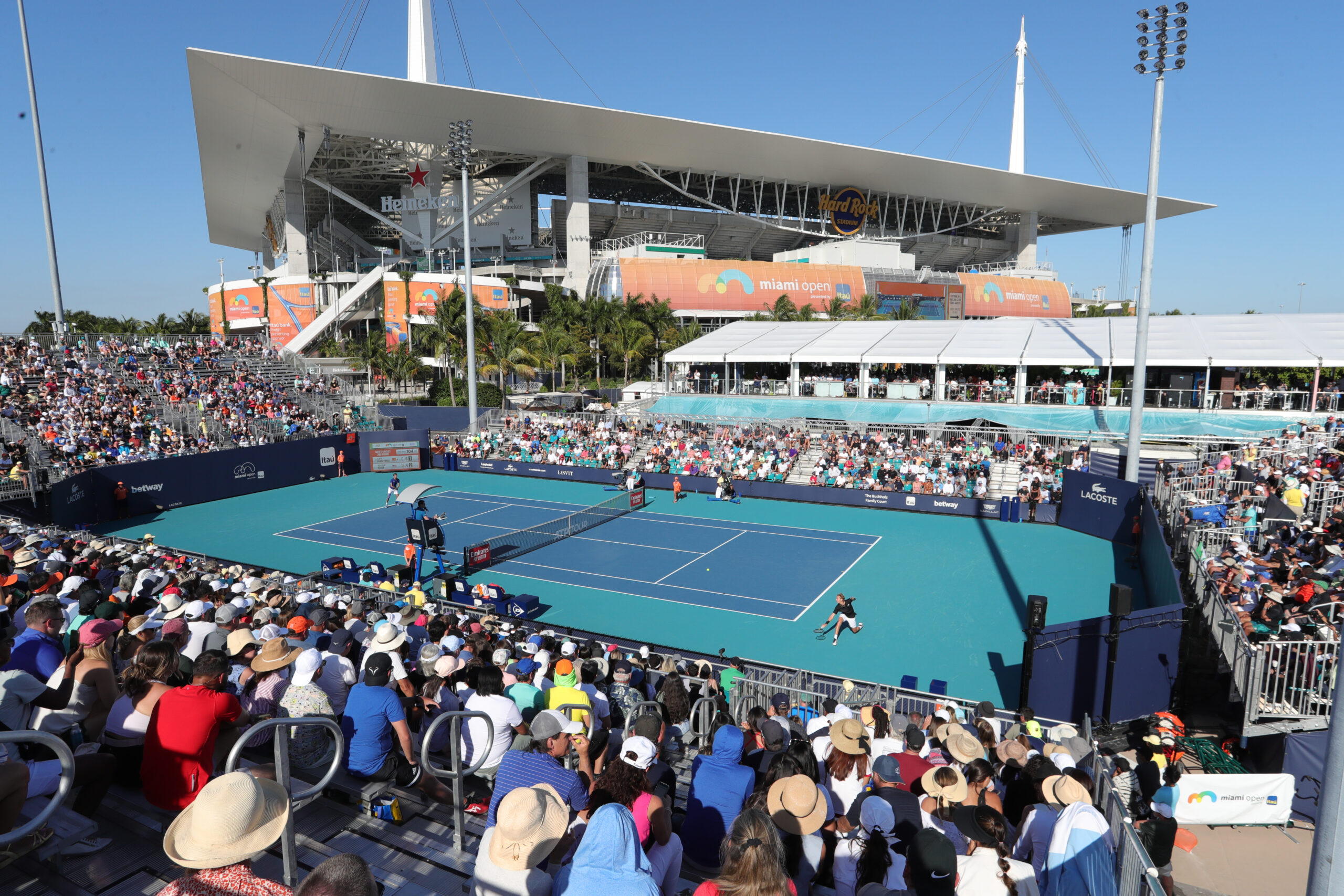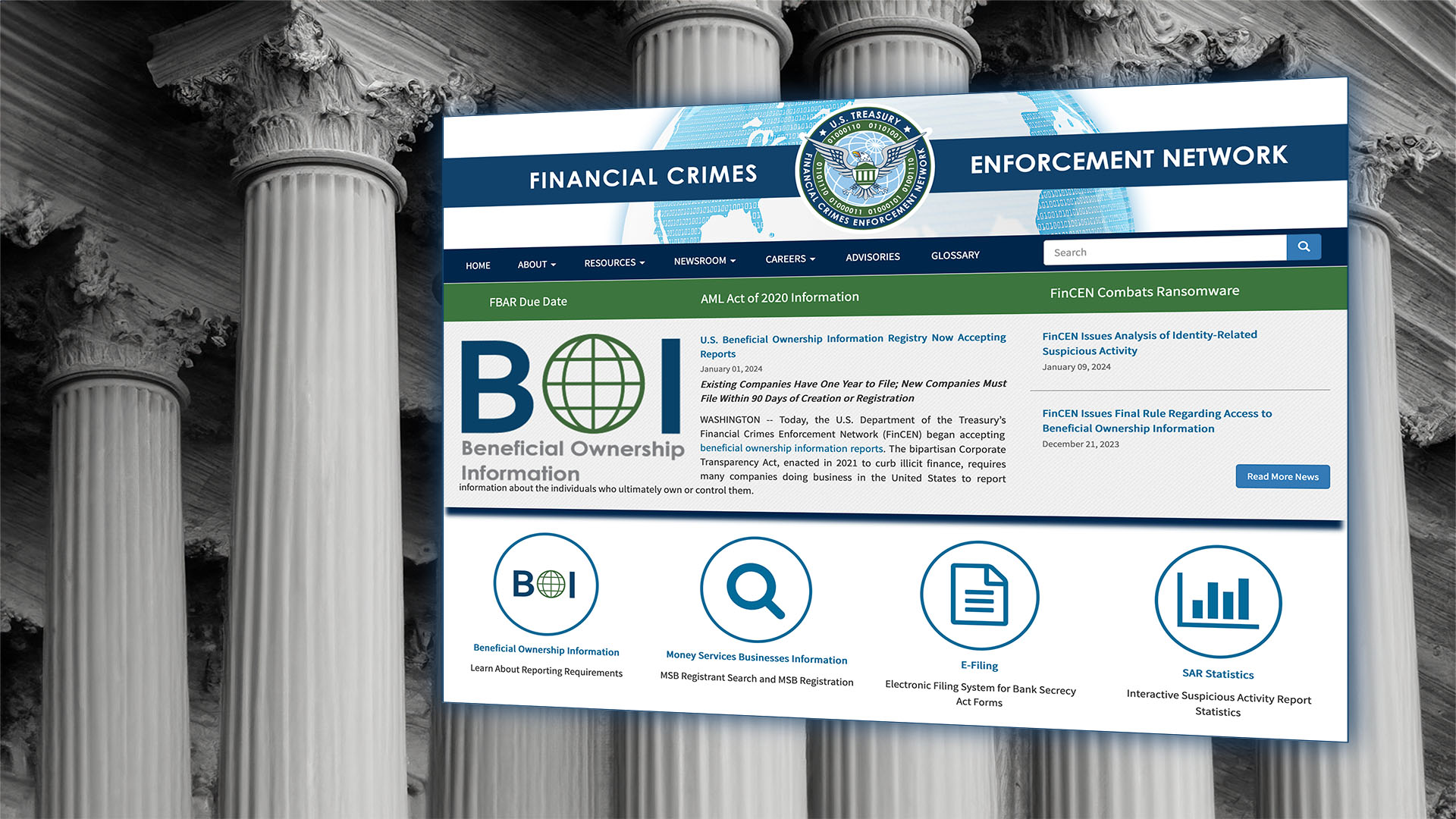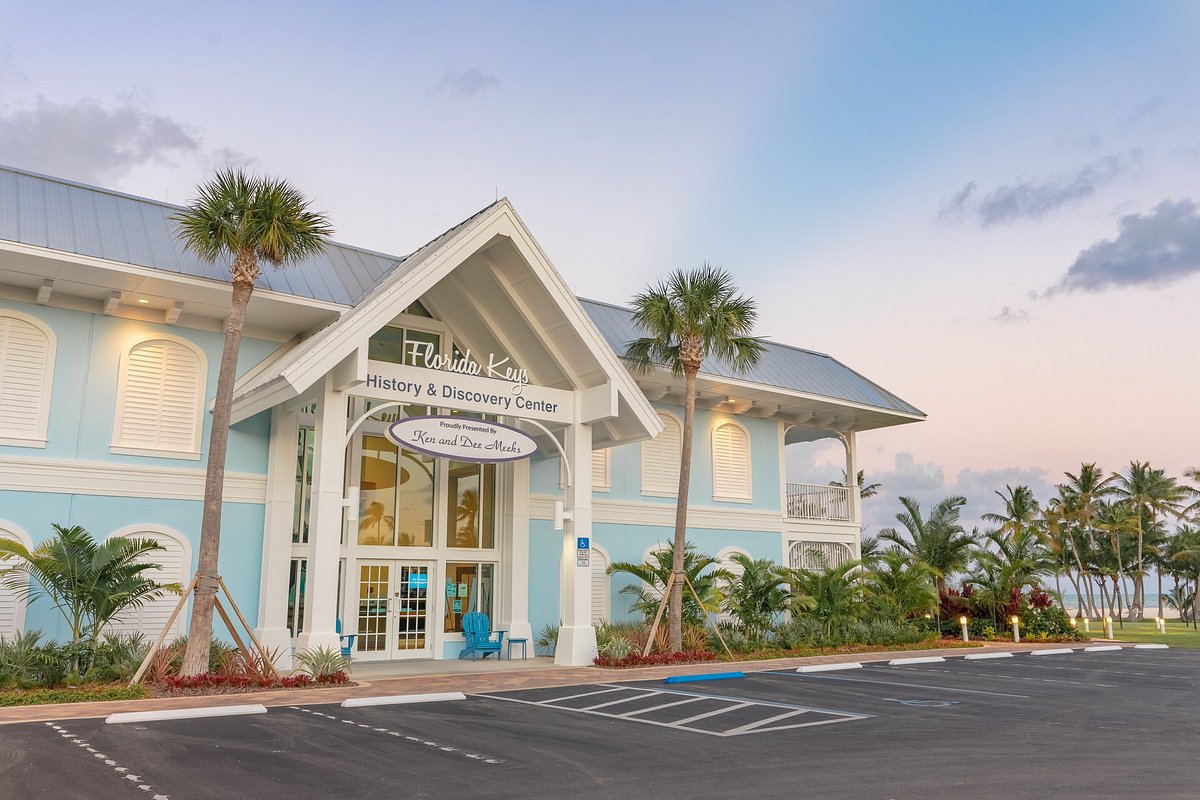Owning a condominium in South Florida comes with several perks, but it also brings the responsibility of paying monthly maintenance fees. These fees cover essential services to maintain the property, protect its value, and ensure a high quality of life for residents. However, with rising costs and new regulations, it’s vital to understand the key components of these fees and how they affect your finances. Below, we’ll break down what these fees cover and how to ensure they’re fair and transparent.
Key Components of Condo Maintenance Fees
Building Insurance
Building insurance is one of the most significant parts of your monthly fees. In South Florida, insurance costs are high due to the risk of hurricanes and other extreme weather events. Condo associations use these funds to insure common areas and the building’s structure. Since insurance premiums are rising rapidly, particularly in coastal areas, many condo owners have seen an increase in their fees.
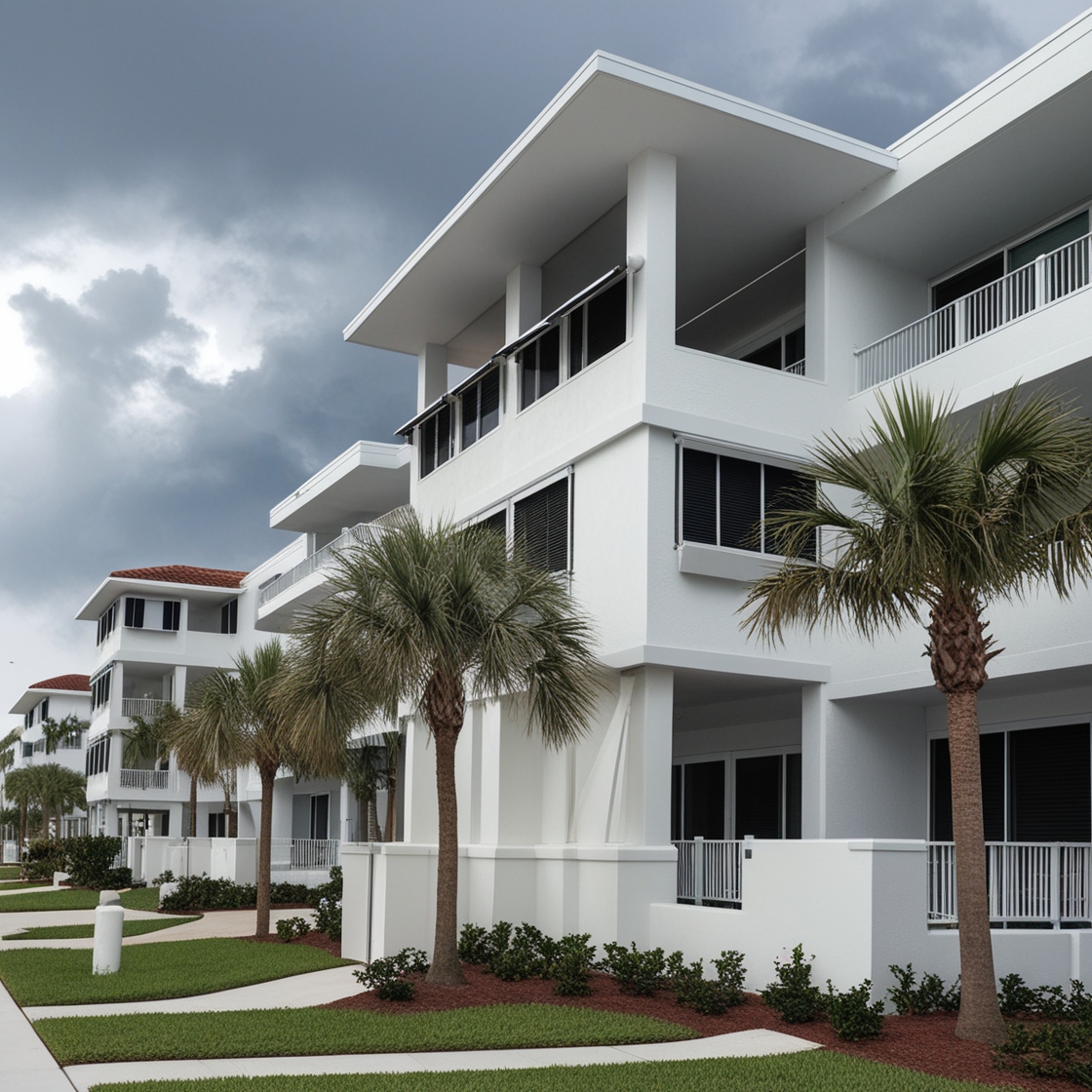
Common Area Maintenance
Maintenance fees also cover the upkeep of common areas like pools, lobbies, and parking lots. These areas require regular cleaning, repairs, and occasional upgrades. When these spaces are well-maintained, the overall value of the condominium increases. Proper maintenance not only benefits residents but also protects the property from wear and tear.

Reserve Fund Contributions
Florida laws now mandate strict rules for reserve fund contributions, especially after the Champlain Towers collapse. Reserve funds pay for major repairs such as roof replacements or structural fixes. Previously, condo associations could waive these reserves, but now the law requires contributions to ensure buildings are safe. Having an adequate reserve fund prevents costly special assessments when repairs are needed.
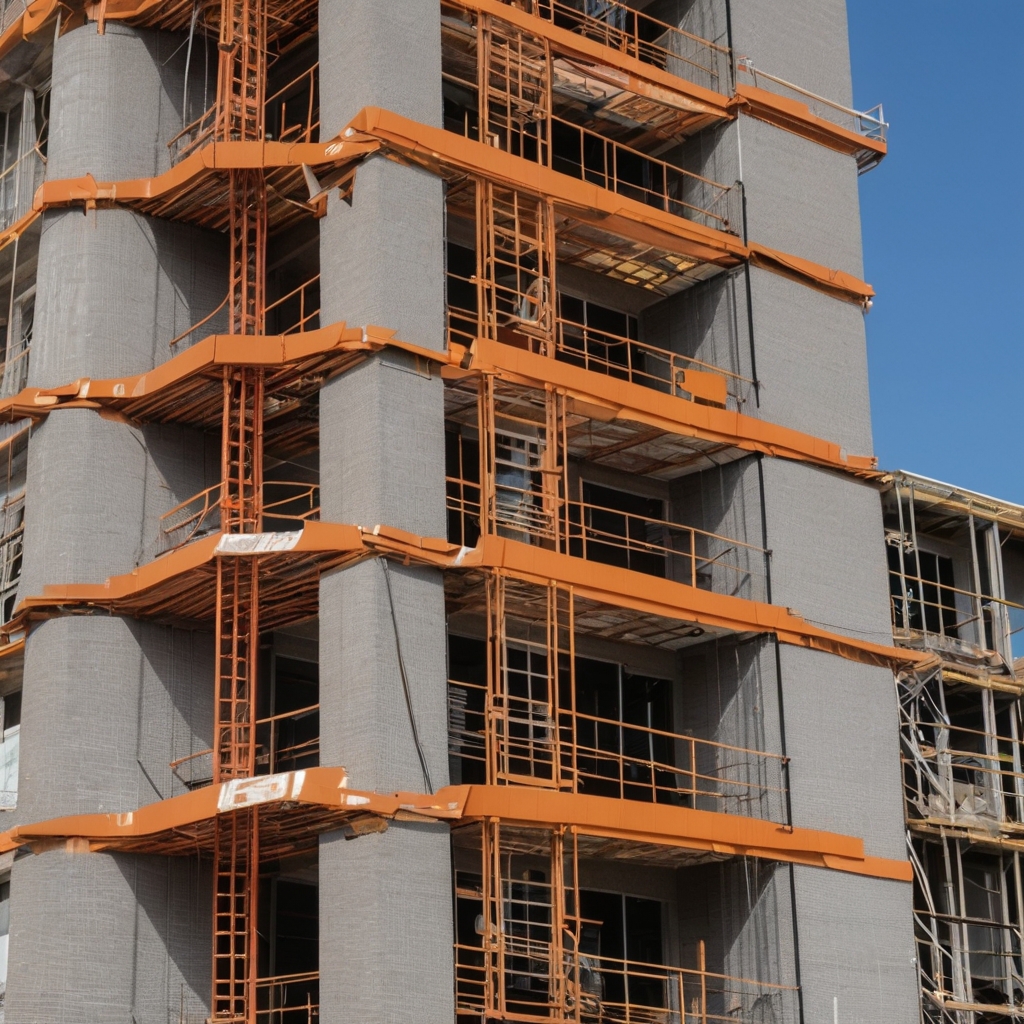
Utilities
Some condo fees include shared utilities like water and electricity for common areas. These fees cover essential services such as hallway lighting, water supply, and waste management. Depending on the building, these utilities can account for a notable portion of the overall fee.

Property Management Fees
Most condo associations hire property management companies to oversee daily operations. These firms handle everything from arranging repairs to managing resident communications. While hiring a property manager adds to the fees, it ensures smooth operations and timely maintenance.

Ensuring Transparency and Fairness
Condo owners should monitor how their fees are spent. Florida law requires condo associations to provide detailed financial reports, showing where the money goes and how reserves are managed. If these reports aren’t clear, owners can challenge fee structures or request audits.
Reserve Studies: Reserve studies help determine whether the condo association has enough funds for future repairs. These studies evaluate the condition of the building and project future costs. Florida law now requires older buildings to conduct regular reserve studies to avoid surprise fees. Without a well-funded reserve, condo owners may face unexpected special assessments.
Vendor Management: To control costs, condo associations should seek multiple bids before hiring vendors for maintenance work. This helps ensure competitive pricing and prevents overcharging. By doing this, associations can manage fees more effectively while ensuring quality service.

Condominium maintenance fees are an essential part of maintaining the value, safety, and aesthetic appeal of a property. By understanding the components of these fees and keeping an eye on how the money is managed, condo owners can ensure that they’re paying for essential services without unnecessary costs. As the regulatory landscape changes in Florida, especially after the implementation of new building safety laws, the importance of transparency, proper reserve fund management, and regular building inspections cannot be overstated.







































